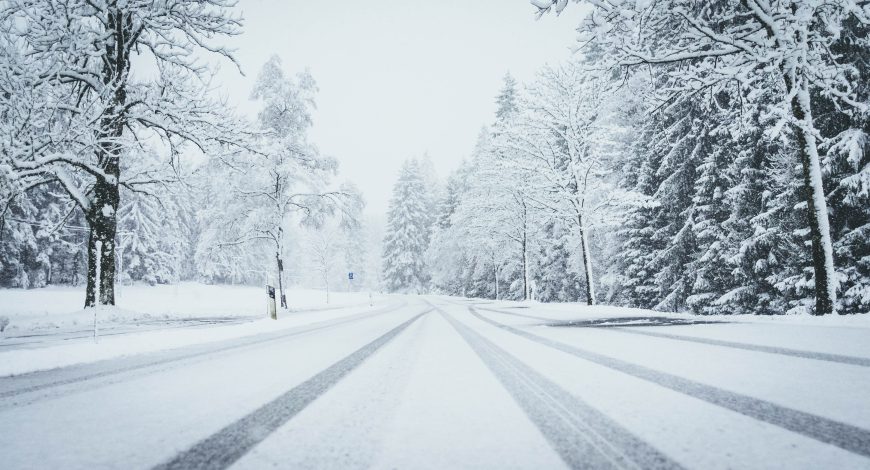As the chill of winter sets in, it brings not only a scenic white landscape but also a unique set of safety challenges. At 3 Silhouettes, we believe that safety is a year-round commitment. We’ve put together some cold weather safety tips designed to keep you prepared for any cold-weather emergency.
Bundle Up, Stay Warm:
Winter’s cold bite can be harsh, so layering up is crucial. Encourage everyone to wear insulated, waterproof clothing, hats, gloves, and scarves. Proper clothing not only provides warmth but also helps prevent frostbite and hypothermia during extended exposure to cold temperatures. Spare, dry clothing is an essential item to pack if you’re going to be outdoors all day.
Prevent Slip and Slides:
Icy sidewalks and driveways can be treacherous. Keep walkways clear to avoid slips and falls. Use ice melt or sand to create traction and reduce the risk of slips and falls. Proper footwear with slip-resistant soles is also essential. Additionally, use techniques for walking on ice, such as taking small steps and keeping hands out of pockets for balance.
Winter Driving Wisdom:
Winter road conditions demand extra caution. Utilize safe winter driving practices, including maintaining a safe following distance, avoiding sudden movements, slowing down in bad weather and ensuring proper tire maintenance. Use winter tires for enhanced traction and stability. Always check the weather forecast before heading out and use extra caution on winter roads.
Be prepared
Proper preparation planning in cold weather is even more crucial. The elements add an extra dimension to contend with in emergency situations. The importance of having an emergency kits at home and in vehicles, including items such as blankets, non-perishable food, water, and a flashlight can’t be understated. Knowing what to do in case of power outages or extreme weather events is essential.
Safety training is even more beneficial in cold weather climates with the risk of hypothermia and frostbite. Know the signs of hypothermia and frostbite and be extra vigilant in cold weather situations. Being prepared with CPR training can make a crucial difference in emergencies.
By following these winter safety tips and being prepared for any cold-weather scenario, you can ensure a safer and more enjoyable winter experience. Don’t forget that being trained in CPR and first aid can be a game-changer in emergencies. Stay warm, stay safe, and embrace the beauty of winter responsibly.

